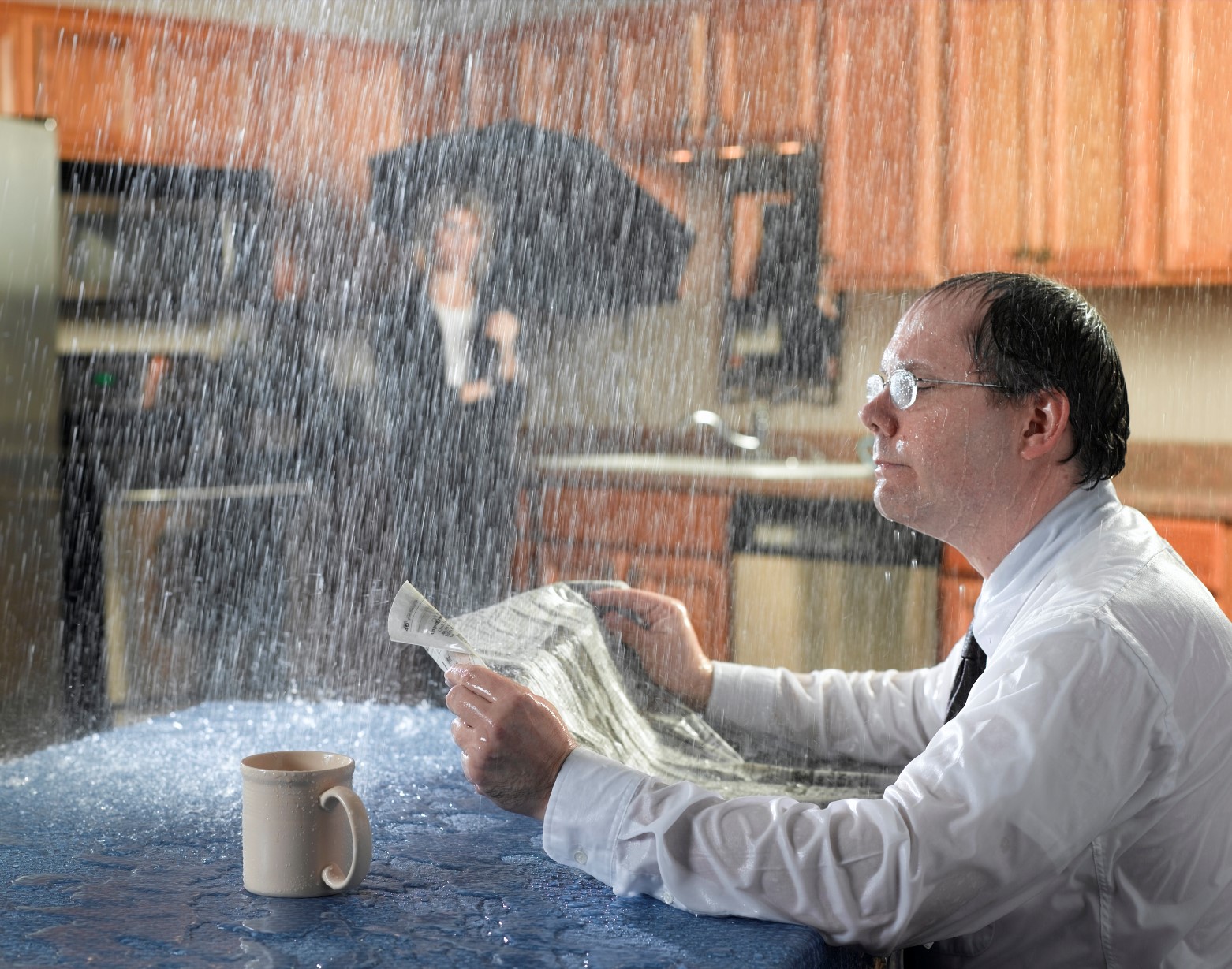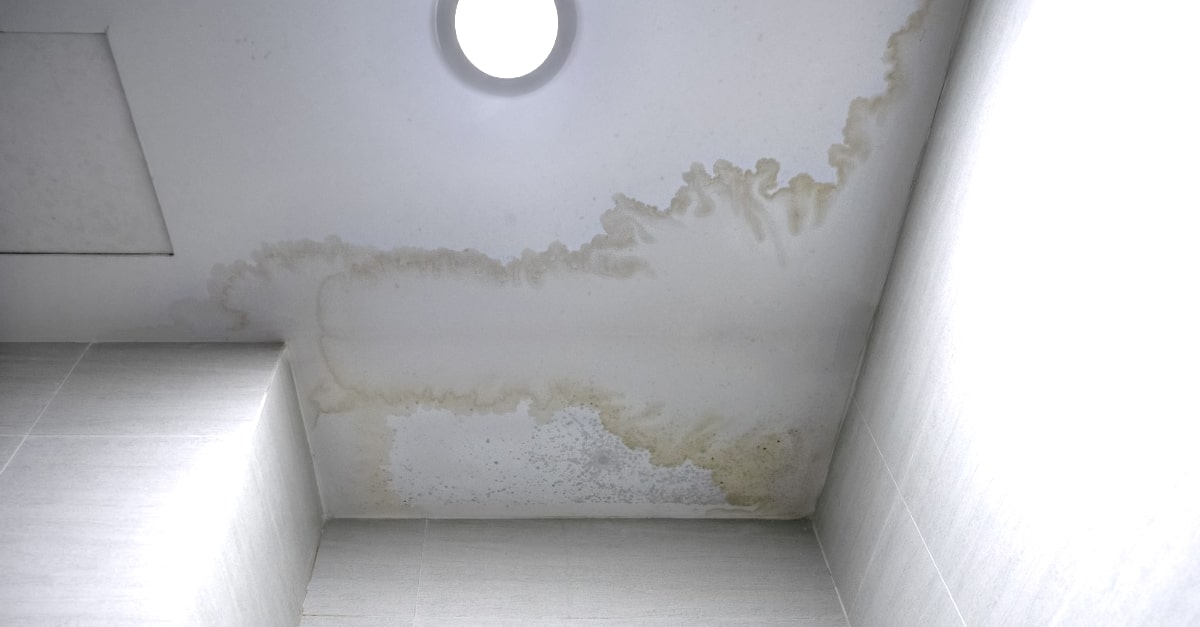The Home's Most Typical Leak Factors: Investigation
The Home's Most Typical Leak Factors: Investigation
Blog Article
What are your thoughts about Common Water Leaks In House?

Leakages not just trigger waste of water but can additionally cause unnecessary damages to your residence as well as promote undesirable natural development. Regrettably, water leakages might go undetected because a lot of the pipework in our house is hidden. By looking and also understanding for daily circumstances that create leakages, you can safeguard your residence from future leakages as well as unnecessary damages. Today, we will certainly look at six leak creates that might be causing your pipes to trickle.
Encroaching origins
Many water leakages start outside the house rather than inside it. You may discover damp spots or sinkholes in your backyard, as well as that may suggest that tree roots are getting into water lines causing water to seep out.
Rusty water systems
This may be the reason of staining or warping on your water pipes. If our plumbing system is old, think about replacing the pipes since they are at a greater danger of rust than the newer models.
Faulty Pipeline Joints
Pipeline joints can weaken over time, resulting in water leaks. If you have noisy pipelines that make ticking or banging sounds, especially when the hot water is transformed on, your pipeline joints are possibly under a lot of stress.
Immediate temperature level modifications.
Severe temperature level changes in our pipelines can create them to expand as well as contract suddenly. This development and contraction may trigger cracks in the pipelines, especially if the temperature are below freezing. If you kept an eye on exactly how your plumbing functions, it would certainly be best. The existence of the formerly pointed out conditions frequently indicates a high risk.
Poor Water Connectors
At times, a leakage can be triggered by loose pipes as well as pipelines that supply your devices. Usually, shifting is what triggers the loosened water Connections. You may locate in the case of a cleaning equipment, a hose may spring a leakage due to trembling throughout the spin cycle. In case of a water connections leakage, you might observe water running directly from the supply line or pools around your devices.
Obstructed Drains
Blocked drains pipes could be annoying and inconveniencing, yet they can often wind up triggering an overflow resulting in burst pipelines. Maintain removing any kind of materials that may go down your drains pipes that can obstruct them to avoid such hassles.
All the above are root causes of leaks yet not all water leakages arise from plumbing leaks; some leaks may originate from roof leakages. All leaks need to be repaired quickly to avoid water damage.
Leaks not just trigger waste of water but can also trigger unnecessary damage to your home as well as promote undesirable natural development. By looking and also recognizing for day-to-day situations that trigger leaks, you can shield your house from future leaks and also unneeded damages. Today, we will look at six leakage triggers that may be causing your pipelines to leak.
At times, a leak can be caused by loosened hose pipes and pipes that supply your devices. In situation of a water links leakage, you may observe water running directly from the supply line or puddles around your home appliances.
How To Check For Water Leak In Your Home
How To Check for Leaks
The average household's leaks can account for nearly 10,000 gallons of water wasted every year and ten percent of homes have leaks that waste 90 gallons or more per day. Common types of leaks found in the home are worn toilet flappers, dripping faucets, and other leaking valves. These types of leaks are often easy to fix, requiring only a few tools and hardware that can pay for themselves in water savings. Fixing easily corrected household water leaks can save homeowners about 10 percent on their water bills.
To check for leaks in your home, you first need to determine whether you're wasting water and then identify the source of the leak. Here are some tips for finding leaks:
Take a look at your water usage during a colder month, such as January or February. If a family of four exceeds 12,000 gallons per month, there are serious leaks.
Check your water meter before and after a two-hour period when no water is being used. If the meter changes at all, you probably have a leak.
Identify toilet leaks by placing a drop of food coloring in the toilet tank. If any color shows up in the bowl after 10 minutes, you have a leak. (Be sure to flush immediately after the experiment to avoid staining the tank.)
Examine faucet gaskets and pipe fittings for any water on the outside of the pipe to check for surface leaks.
Undetected water leaks can happen without the home or business owner even realizing. If you suspect a water leak, but not able to find the source. It is time to contact a professional water leak detection service, The Leak Doctor.
How To Find a Water Leak In Your Home
https://www.leakdoctor.com/blog/How-To-Check-For-Water-Leak-In-Your-Home_AE197.html

Do you appreciate reading up on How Fast Water Damage Can Ruin Your Home? Place a remark down below. We'd be interested to find out your opinion about this posting. Hoping that you visit us again in the near future. Sharing is caring. You won't know, you could be doing someone a favor. I love reading our article about Common Water Leaks In House.
Visit Homepage Report this page